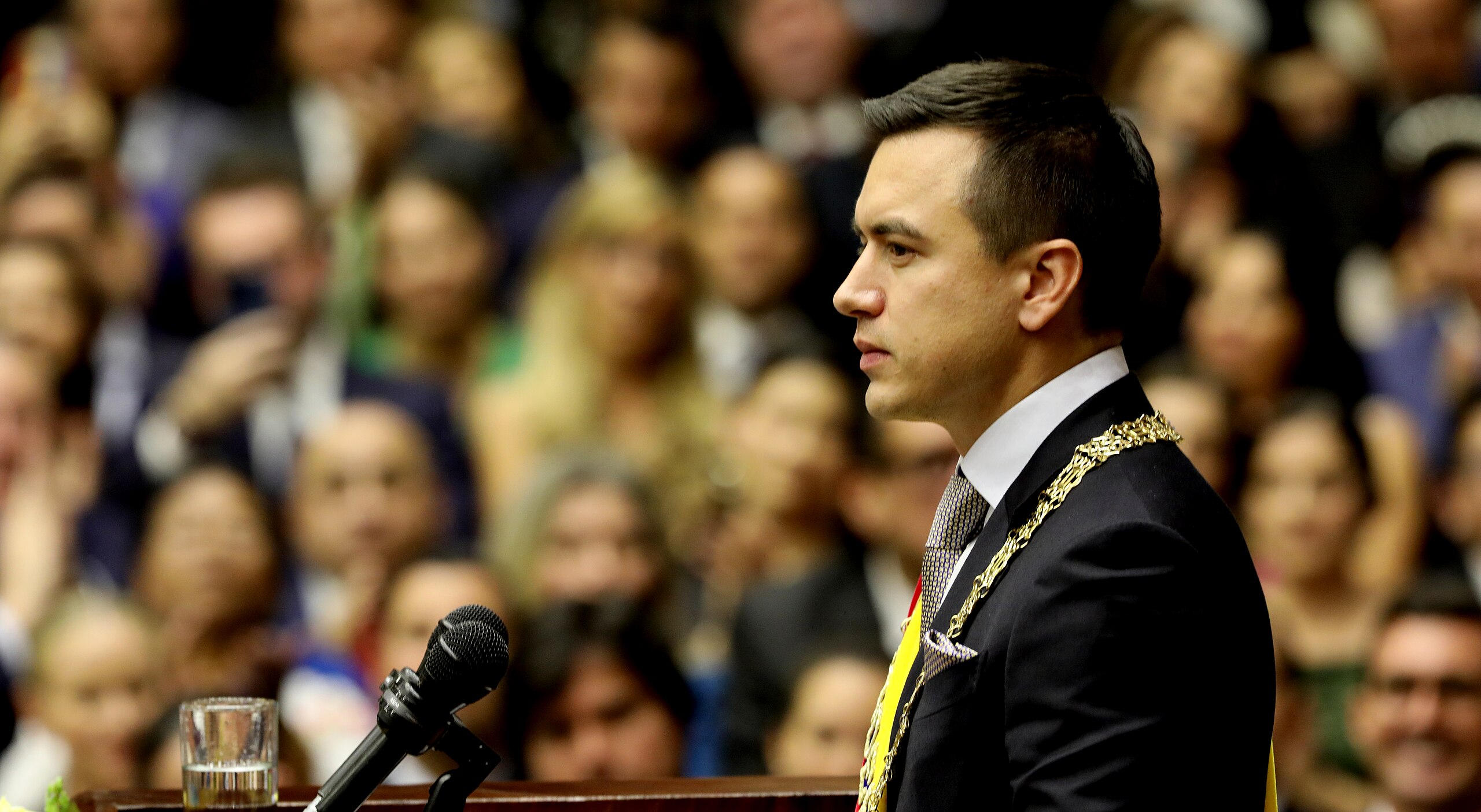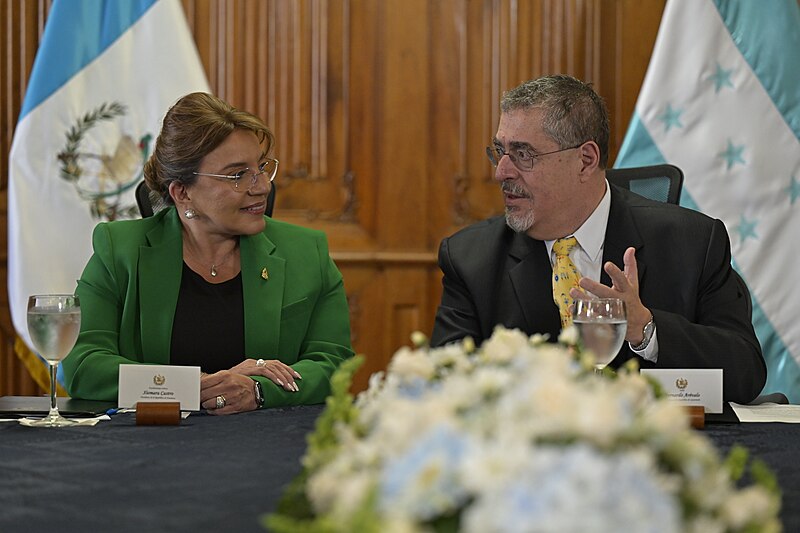For years, the course of transformation in many Latin American and Caribbean countries has been adrift, devoid of a clear direction. There is a noticeable trend toward political instability and erosion of democracy, often caused by personalized leadership styles of populist figures, especially in Brazil, Mexico and El Salvador. This trend is further exacerbated by the extreme polarization of the executive and legislative branches, as well as efforts to weaken judicial independence.
Economically, the review period was characterized by a phase of recovery from the COVID-19 pandemic and the negative effects of Russia’s war against Ukraine. Of particular concern were the rising costs of energy and food which imposed heavy burdens on nearly all countries. Moreover, there is a troubling trend of “negative stagnation” in terms of socioeconomic development levels. Poverty, unemployment and deficiencies of the education system have increased.
Efforts to address these issues are facing substantial hurdles, with the erosion of consensus on reform goals and powerful veto groups hindering progress. Weak governance capacity and governments’ failure to effectively manage the divisions and conflicts among their populations are amongst the drivers of declining trends in the BTI assessments. Apart from Colombia and Honduras, positive developments in governance are hard to find. Uruguay, Chile and Costa Rica have shown remarkable resilience and managed to maintain their high BTI rankings.
Unless a consensus on medium- and long-term goals and a clear political vision for inclusive development emerges, it will be difficult to avoid stumbling from one crisis to the next for many countries in Latin America and the Caribbean.
Ariam Macias-Weller
Regional Coordinator Latin America and the Caribbean
Peter Thiery
Regional Coordinator Latin America and the Caribbean

